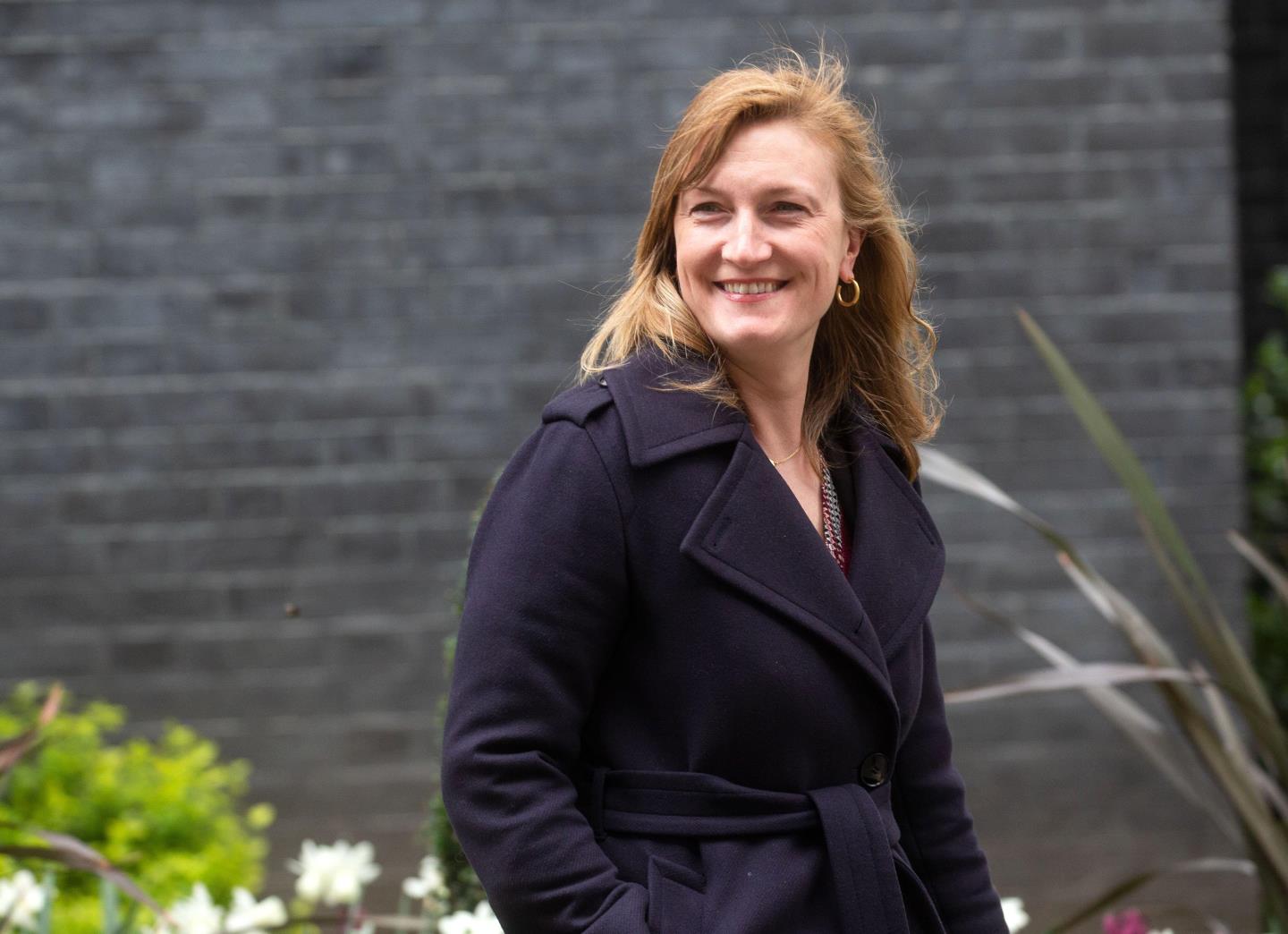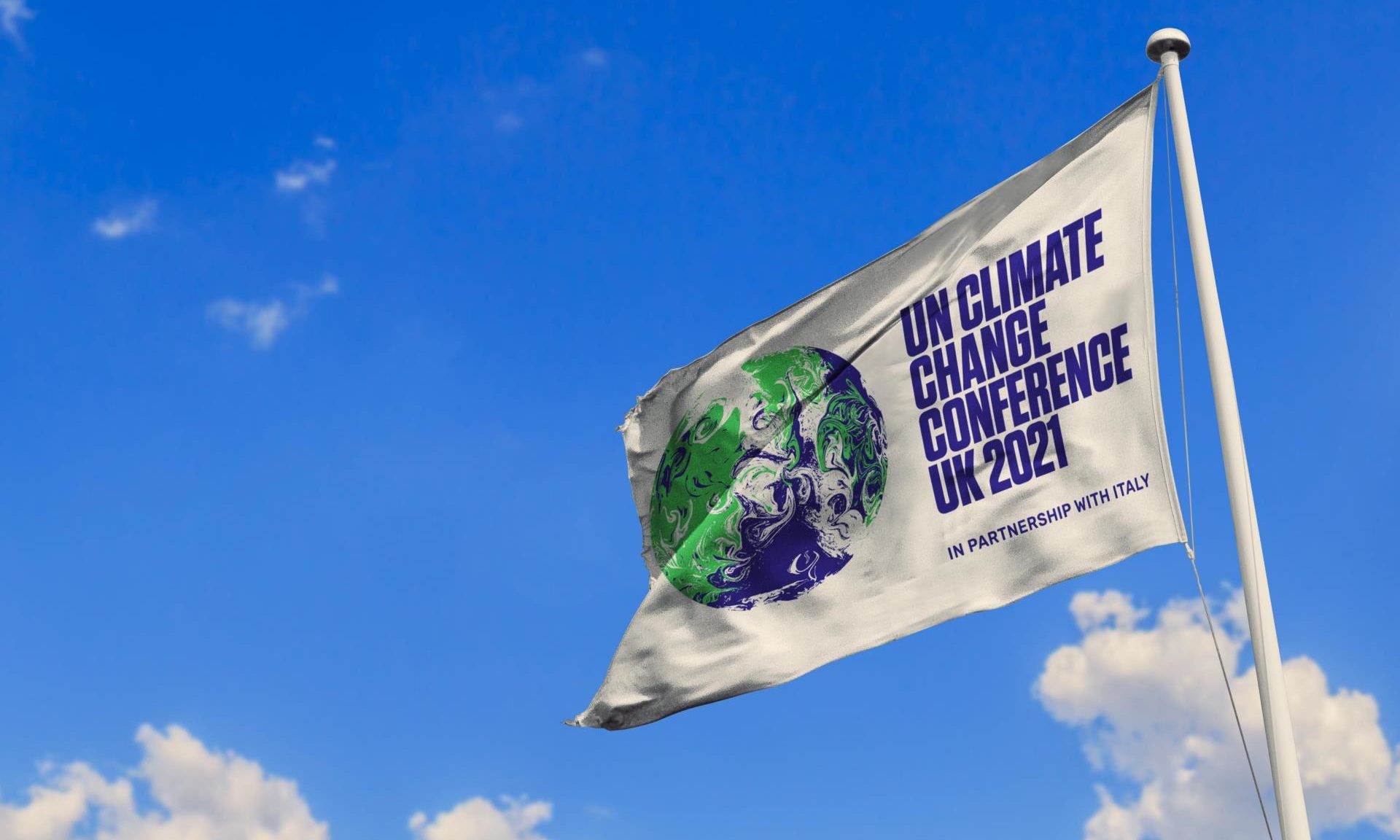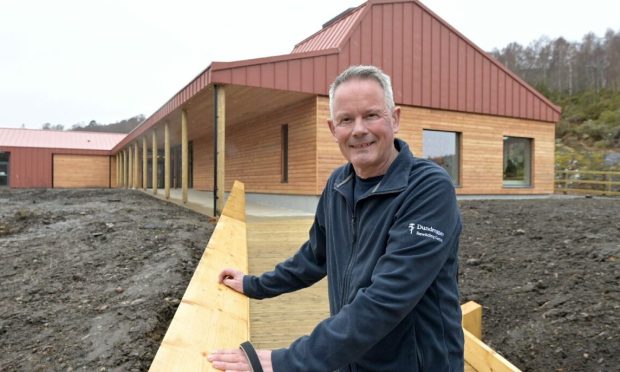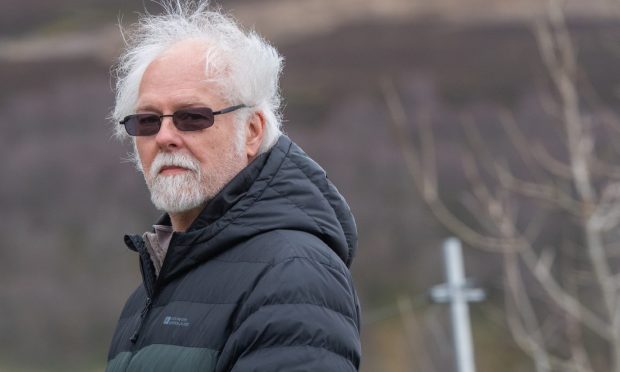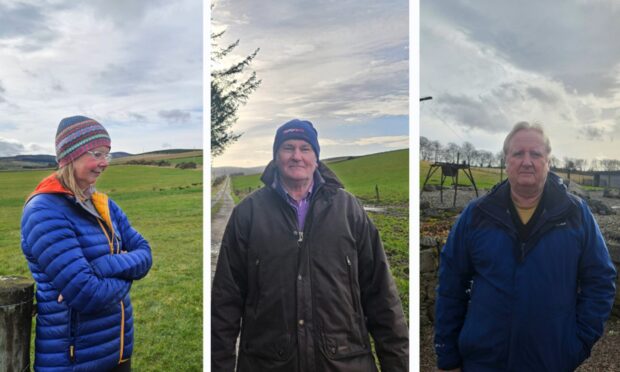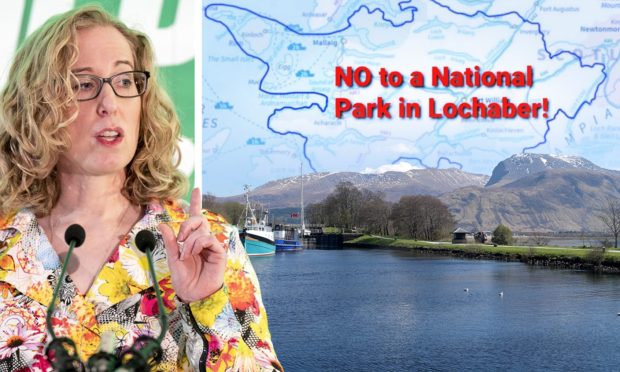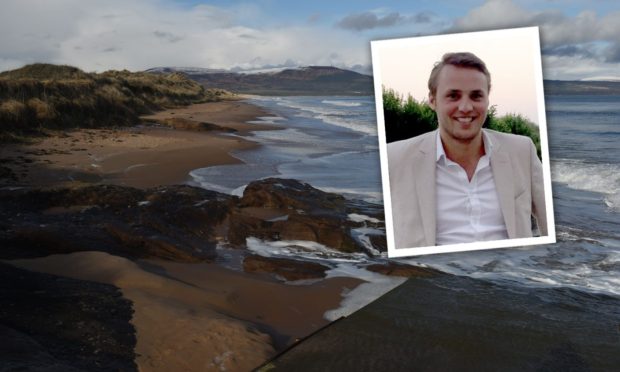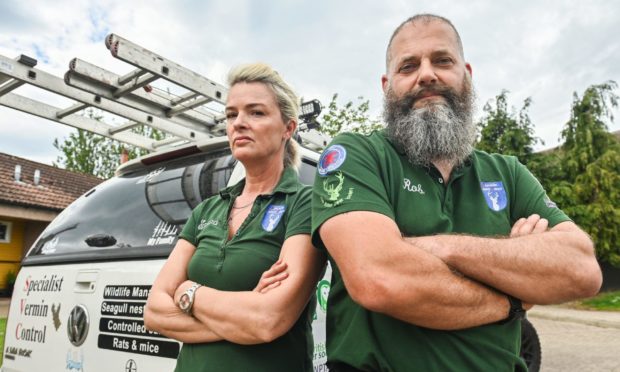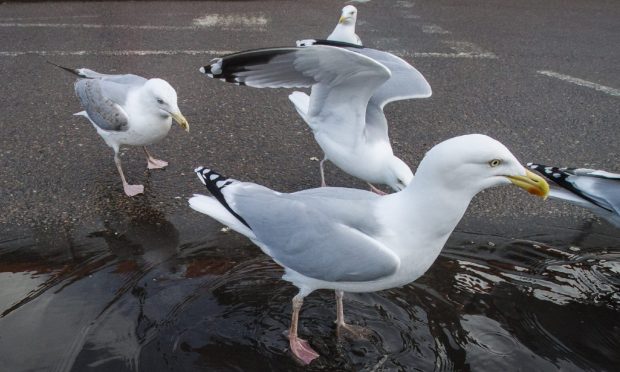“Do not rinse plates before putting them in the dishwasher to limit the impact on the environment.”
Initially, this might sound like the kind of vacuous self-help nestled in the pages of a tabloid magazine – somewhere between the daily horoscope, and the Hot or Not list.
What might surprise you is that this hackneyed attack on the kitchen sink is at the cutting edge of Britain’s climate policy.
The source of these tone-deaf declarations is Allegra Stratton: climate change envoy to Boris Johnson, and public face of the COP26 climate change summit, set to take place in November.
Writing for The Daily Telegraph, Stratton also suggested freezing leftover bread to reuse, rather than throwing it away, and ordering shampoo in cardboard packaging as further “micro-steps” towards helping the environment.
Dedicated to pointing fingers and shifting blame
The triviality of Stratton’s hints and tips are glaring, given the severity of the global climate crisis. Flooding across Europe and China, wildfires in the US, and killer heatwaves stretching into northern latitudes all demonstrate the need for swift and decisive action if we are to avoid disaster.
Yet Stratton and her colleagues seem dedicated to pointing fingers and shifting blame.
The UK Government’s insipid response bodes ill for the success of COP26. The summit is expected to bring together more than 100 world leaders to make specific commitments to reach global net-zero emissions by the middle of the century and limit global warming to 1.5C.
It is essential, warn climate activists, that we reach these targets to avoid the very real possibility of our own extinction event. And yet the rhetoric of Johnson, Stratton and her fellow envoy, Alok Sharma, sets a dangerous precedent for other nations, wavering in their commitments to climate justice.
Over-emphasising the role of the individual
A striking fallacy in Stratton’s approach to climate policy is the dangerous onus it places on the individual.
Stratton’s dubious statements to the press do not exist in isolation, but reflect a larger government initiative, dubbed “One Step Greener“. The policy encourages individuals to live more sustainably, by making incremental changes to their lifestyle.
Stratton’s trivialising rhetoric seeks to obscure a devastating truth: that UK climate action has been co-opted in service to the interests of a capitalist elite
Now, far be it from me to discourage community led change. For all its horrors, the climate crisis represents a marked opportunity for communities to conceptualise a more equitable society, to organise around shared goals for sustainability, and to support one another in a just transition towards greener living.
Unfortunately, this is not the intended outcome of the One Step Greener initiative. On the contrary, by over-emphasising the role of the individual in exacerbating climate change, it seeks to distract from a much more insidious source of climate catastrophe, and one which the government is loathed to address.
Corporations should be at the forefront of climate policy
The role of corporations, in their unbridled devastation of our planet, should be at the forefront of government policy.
Since 1988, just 100 companies have been the source of 70% of the world’s greenhouse gas emissions, with ExxonMobil, Shell, BP, and Chevron identified amongst the highest emitting investor-owned companies. Yet our government remains conspicuously silent on this subject.
The harsh reality is that the government has no intention of divesting money from fossil fuels. Since signing the Paris agreement in 2016, the UK Government has paid £3.2 billion of public money to North Sea oil and gas companies, as well as providing massive tax cuts to these climate culprits. Simultaneously, new licences have been provided to expand oil and gas exploration in the North Sea.
Stratton’s trivialising rhetoric seeks to obscure a devastating truth: that UK climate action has been co-opted in service to the interests of a capitalist elite.
While Johnson heaps blame on the bread-binners and shampoo users, communities sink beneath the mire of government inaction.
And who profits from this misdirection? Those same private interests who are causing the crisis and lining their pockets as the world goes up in flames.
We need genuine commitment to divest funding from fossil fuels
In the lead-up to COP26, we need to hold the government accountable in their pledge to drastically reduce UK emissions in the next 10 years.
The future of our planet can no longer play out around the kitchen sinks of a powerful elite
A genuine commitment to divest funding from fossil fuels should be accompanied by a rebuilding of public infrastructure, especially in those communities worst affected by the climate crisis.
By providing more green jobs, subsidies on sustainable products and funding for green initiatives, the government can equip communities to justly transition to a more sustainable way of life.
The future of our planet can no longer play out around the kitchen sinks of a powerful elite. The world is watching.
Megan Roberts is an Edinburgh University student and is associated with the Stop Cambo movement


